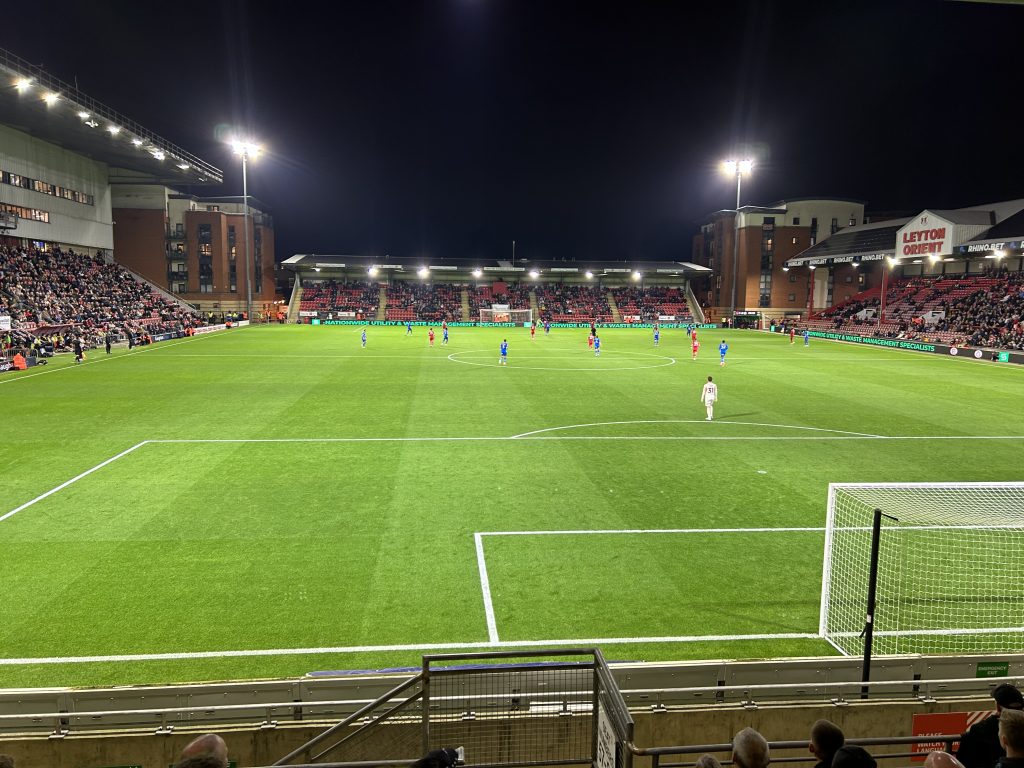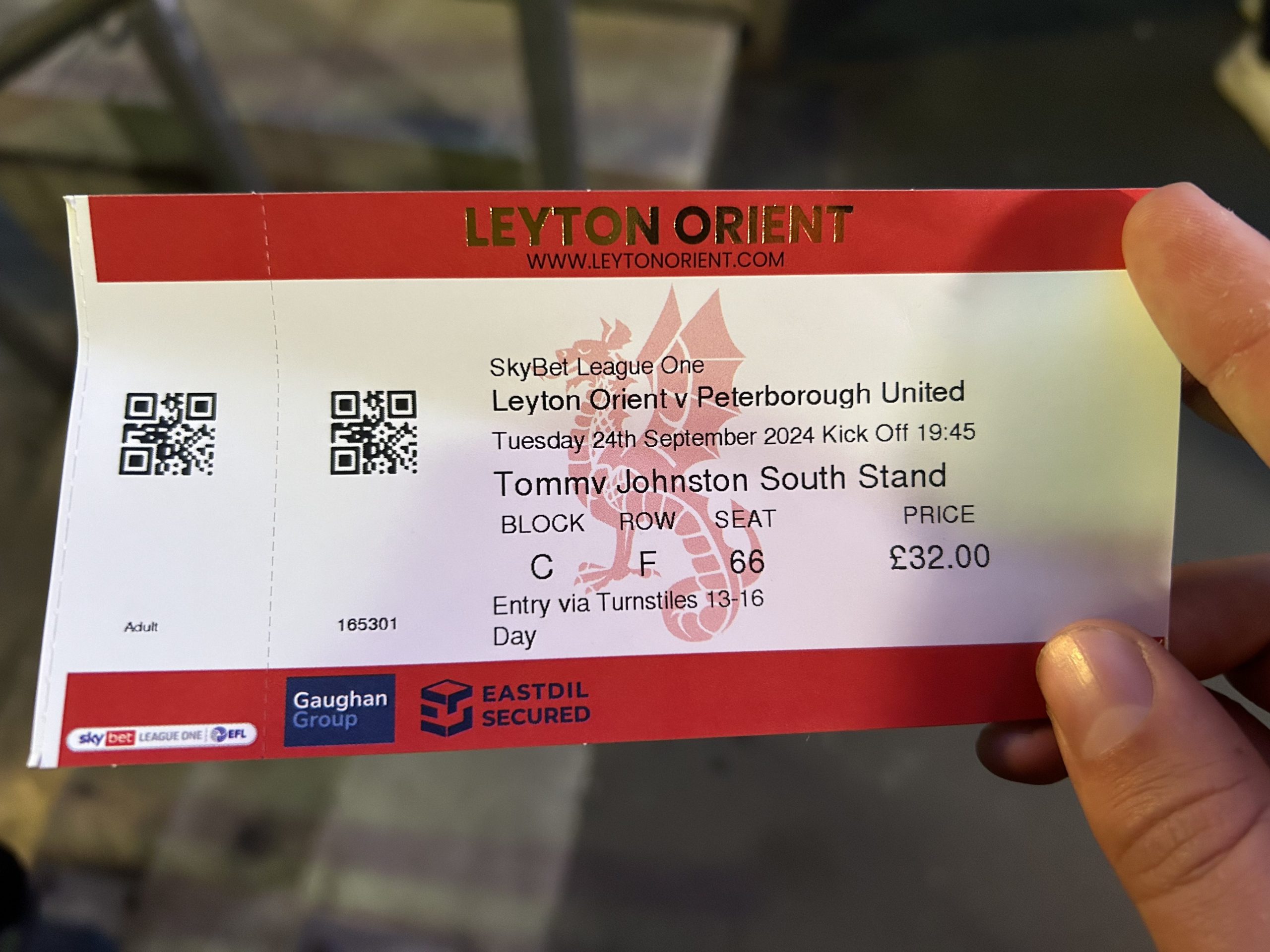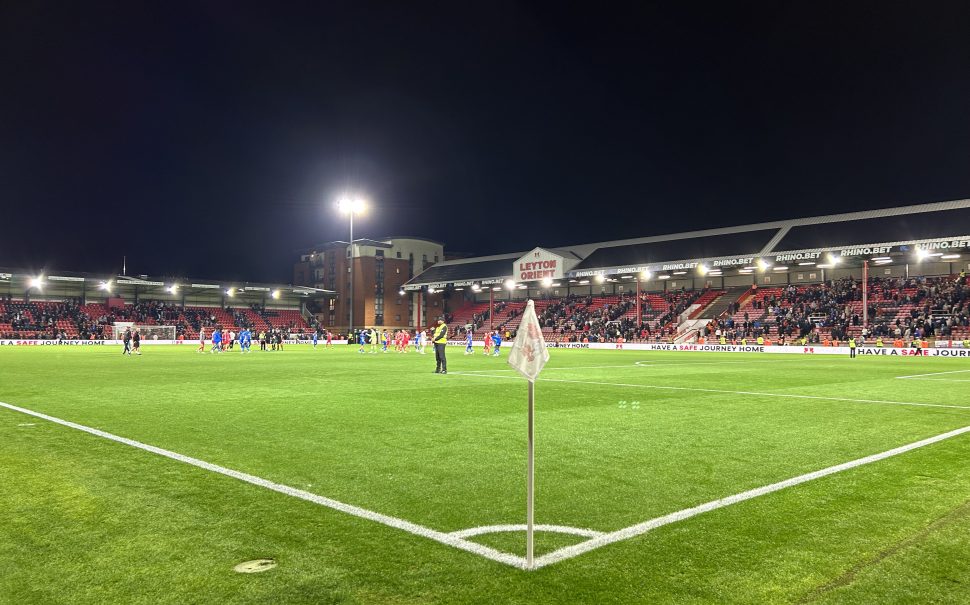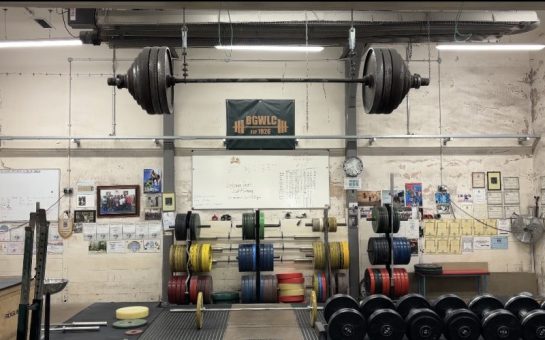The comparatively high ticket prices of Leyton Orient have fans questioning whether the club is losing touch with its local identity.
Orient fans are being charged up to £37 per match, making their ticket prices among the highest in League One and comparable to their Premier League neighbours West Ham.
These prices, introduced at the start of the 24/25 season, have sparked backlash from some supporters.
Tom Davies, vice-chair of Leyton Orients Fans’ Trust said: “The concern as an Orient fan is obviously we’ve traditionally sold ourselves as a club that’s accessible and cheaper than West Ham, Spurs, and Arsenal which are obviously the clubs surrounding us.
“If we start to go down the same path that Premier League clubs are going down, we’re kind of losing some of our goodwill and some of that accessibility.”
Aynsley Taylor, editor of the fan-produced magazine Orientear, echoed this.
Taylor said: “The club is changing and is going through a transition, and it is possible that it will become a less intimate, personal, communitarian sort of place.”

In an attempt to maximise revenue, Orient have categorised matches at the Gaughan Group Stadium as AA, A, or B this season.
Fans attending AA fixtures, such as this Saturday’s game against Wrexham, will be paying a match day fee of between £33-37 for a non-concession adult ticket.
Meanwhile, tickets to watch Premier League neighbours West Ham face off against Ipswich this Saturday are available for £32 in the lower tier of the Bobby Moore Stand, despite them being two divisions above Orient.
For casual fans, particularly those in the local community, affordability is a concern, as well as impact on attendances.
Davies said: “I know Leyton and Walthamstow have gentrified a bit in recent years, but they’re still quite poor areas in lots of pockets and the prices make Orient less of an accessible community attraction.
“There is a limit to how much you can jack up prices before people stop going.
“We might see a bit of that, especially if it’s going to be a lower-mid table kind of season.”
Attendance at Tuesday night’s category A fixture against Peterborough was 6,416, below the season average of 7,419, and well below last year’s average of 8,172, raising concerns about the effect of ticket pricing.

Taylor said: “By recent standards, that’s one of the lowest of the past two or three years, and I think that’s setting a few alarm bells ringing at the club, and it should do.”
This shifting approach is not accidental as Orient’s decisions are a deliberate attempt to commercialise the club, a strategy that appeals to some of the fanbase.
Taylor said: “There are younger fans who’ve known nothing but success over the past few years, who hear these ideas about a new stadium and Championship football, and ‘we can do what Brentford did’.
“They think, yeah, I want that, I want more of that.”
Orient are not alone in this commercial shift, and the issue of the monetisation of football is a wider point of contention across the Football League.
Taylor said: “It’s an industry wide issue at the moment.
“The regulator is coming, and we don’t know exactly how long, but it is coming, and clubs are starting to realise that there is going to be change.
“So I think chairmen of football clubs, know what’s coming is going to change the way the game is run in this country. And my supposition is that there’s a bit of a mad trolley dash going on right now before that happens.”
Davies pointed out that Orient’s chairman, Nigel Travis, is influenced by a U.S. style business model.
He said: “The owner is a local lad but his business career has been based in the US and I think what we’ve seen with US owners is they think football is undervalued and have a quite greedy view of it all.
“Travis comes a little bit from that culture where they think if some people are prepared to spend money, then we’re going to charge it.”
Taylor added: “Everything about the club this season has been in your face. Sell, sell, sell, sell, marketing. Sell this, sell that, sponsor that. And it’s just relentless, it’s tiring.”
Ultimately, while some fans view Orient’s prices as excessive, this issue is not unique to the club.
“Football clubs generally shouldn’t be charging this kind of money as a sort of moral principle really—it’s meant to be the people’s game,” Davies said.
As ticket prices rise, clubs like Leyton Orient face a delicate balancing act.
While chasing financial stability and success, they risk alienating the very community that has long supported them.
Taylor, reflecting on what drew him to Leyton Orient, said: “It triggered something deep within my subconscious about what football is about. It’s not about big, sterile, impersonal, massive crowds and everybody’s just, you know, a commodity, and it’s expensive and glamorous and TV and all the rest of it.
“In a part of London which has gone through a lot of change over the past few decades, It was like this one thing which provided stability in a very transient area, and when I found that community, you know, it just made me think, oh, yeah, okay, this is the best.”
For many Orient fans, it’s not just about watching a game, it’s about maintaining a connection to the club’s roots, its identity, and its place in the local fabric.





Join the discussion